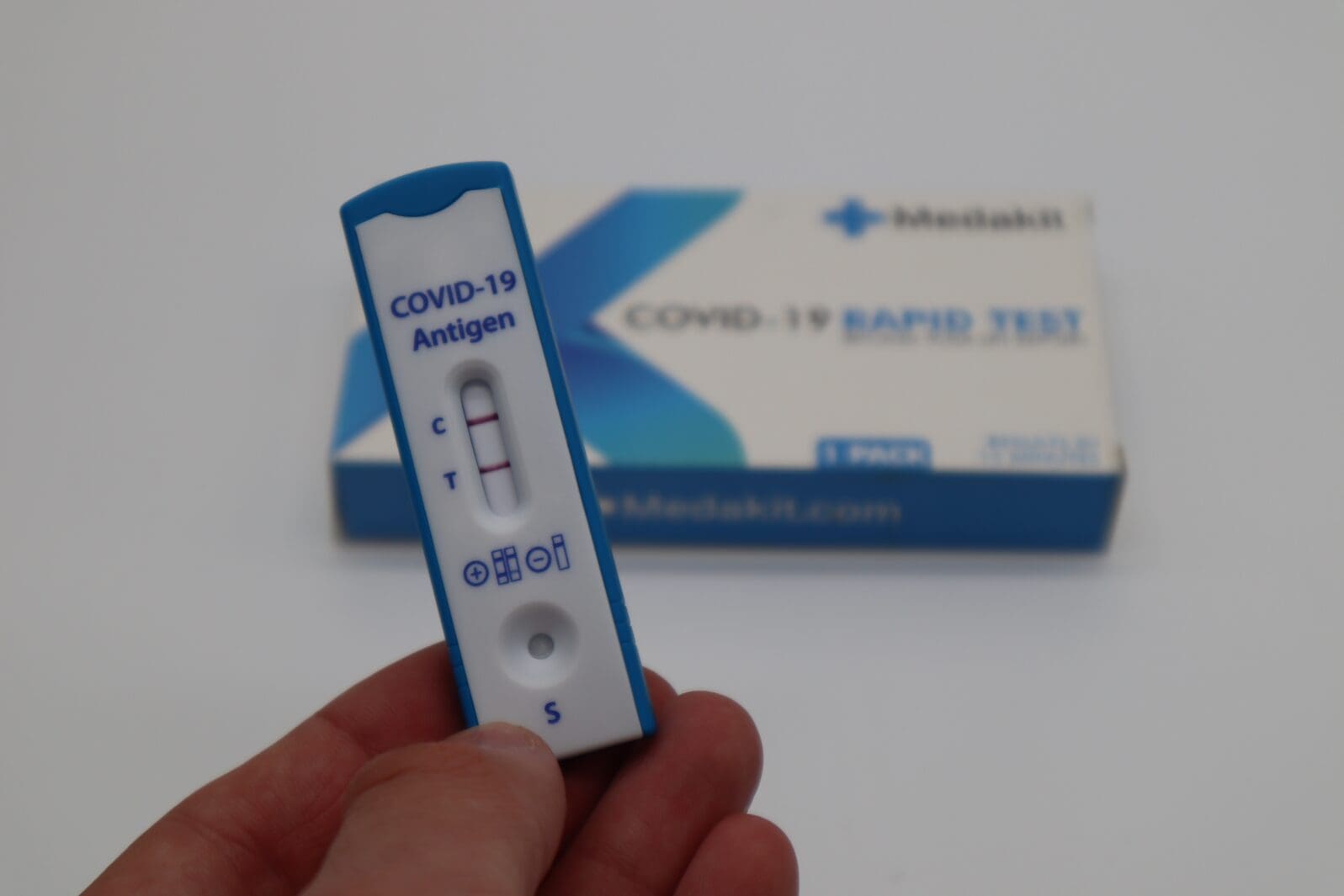JOINT STATEMENT: Australian Academies of Science and Health and Medical Sciences welcome long COVID report
The Australian Academy of Science and the Australian Academy of Health and Medical Sciences (the Academies) welcome the findings of the House of Representatives’ Standing Committee on Health, Aged Care and Sport’s inquiry into long COVID and repeated infections.
The report recognises the need for research and evidence to address the challenge of long COVID in Australia, which was recommended in the submissions to the inquiry and subsequent roundtable.
In particular, recommendations for an updated definition of long COVID, enhanced data collection and linkage, a nationally coordinated research program, and the development of co-designed evidence-based living guidelines are critically important to improve knowledge and options for managing long COVID in Australia. The Academies look forward to seeing its progress.
In November 2022, the Academies partnered on a joint submission to the Inquiry and subsequently convened an expert roundtable discussion in February 2023, which was chaired by Professor Tania Sorrell AM FAHMS, a Fellow of the Australian Academy of Health and Medical Sciences. The Academies’ written submission addressed the inquiry’s terms of reference related to research, innovation and evidence-based care, and was developed based on input from Fellows of both Academies and other experts. The roundtable discussions provided further input on these important topics.
Professor Sorrell said the Committee’s report will be valuable in ensuring Australia is properly equipped to tackle the challenges presented by long COVID, including its treatment, prevention and care.
“We thank the Parliamentary Committee for a valuable, comprehensive report that outlines the issues, gaps, processes, planning and government support needed to put Australia at the forefront of evidence-based, person-centred health care and social support for individuals with long COVID. This is crucial to ensure we are able to support patients and communities impacted by the condition,” Professor Sorrell said.
Australian Academy of Science President Professor Chennupati Jagadish AC PresAA FREng FTSE said the roundtable provided Parliamentary Committee members with direct access to those at the forefront of COVID research.
“The partnership of both Academies to convene the roundtable was a novel way to bring scientific evidence to a committee of this nature,” Professor Jagadish said.
“We hope this can be a blueprint for future inquiries,” he continued.
The definition of long COVID was an important point of discussion at the roundtable, as it is important to enable better diagnosis, patient access to care and support, data collection, health system planning and consistency across research studies. The Academies are pleased to see the Committee’s recommendation that federal and state/territory governments work together to ensure the definition is based on the latest information, which is essential to remain useful and relevant for health professionals, patients and researchers. This process will require input from experts in research and the health sector.
Significantly, the Committee also highlighted the importance of improving indoor air quality and ventilation. This is an important discussion in reducing transmission of COVID-19 and it is hoped that the Committee’s recommendation to establish a multidisciplinary advisory body to oversee an assessment of its impact is considered.
Finally, the Academies strongly welcome the announcement of $50 million from the Medical Research Future Fund (MRFF) for research into long COVID as another positive step for the Government to enable researchers to fill knowledge gaps.

